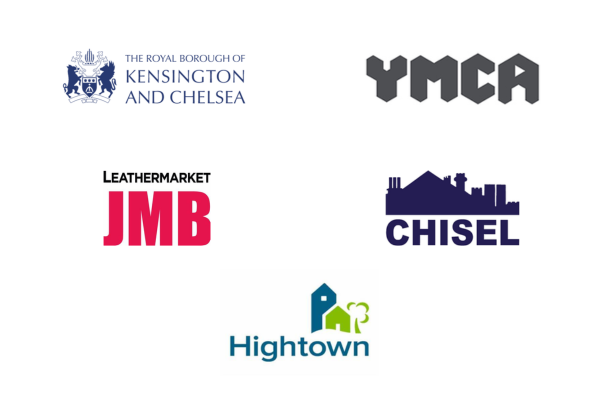We caught up with our Head of Business Partnerships, David Smith for a chat on all things zero carbon ahead of CIH’s Climate Change Week. The event runs from 8th – 11th February. On the Thursday David is appearing on a panel session asking how we as a sector can overcome the retrofit challenge.

1. Tell us more about you - what is your experience working in the sector? What drives your interest in sustainability and energy efficiency?
I have been with SEC for 9 months. Prior this I worked in the construction sector principally delivering energy efficiency works for the housing sector across the UK. I have spent 9 years in conversation and planning stages of energy retrofit through CESP, CERT, ECO1, Green Deal, RHI, FiT and many other funded initiatives. Each has had its challenges and success for the sector has been varied. Personally I am very driven by the sustainability agenda and I have a strong belief that the social rent sector can be a further pioneer and catalyst for local changes around sustainable buildings.
2. What key pieces of advice would you give to SEC Members when procuring their energy efficiency solutions? How should they navigate this when taking into consideration emerging technologies and funding initiatives?
I think the key is to have a plan, a long term plan of what you want to do. Don’t try and capitalise on “quick wins” or specific funding streams unless they align with your asset strategy. Depending on progress and current asset position some organisations or authorities may be able to tackle retrofit measure by measure, however many may lean on the idea of a delivery partner across their whole retrofit challenge. A partnership could support emerging and developing technologies rather than conform to a restricted view forward on what we have available now.
3. What are the biggest barriers for Members looking to achieve net zero carbon across their housing stock?
I think there are 3. One, having clarity on the expectation of landlords. They own properties in Authorities that have made pledges to be zero carbon by say 2030, where do they sit within that target? Secondly, do they know what needs to be done across their stock, some are more advanced than others and this will stress the importance of a plan. Finally, resources. Both financial and management power. There is a limited pool of experts in asset retrofit and we at SEC will look to invest further to support the sector with more. But equally financially, there is much press around the cost on the sector, I think Inside Housing quoted in excess of £100bn for Social Landlords to retrofit to net zero. We, the market and the financial institutions will need to look at how creatively the development of said works can be delivered cost effectively.
4. Aside from retrofit, what can developing housing associations do to ensure that their new homes play a part in tackling climate change?
I think the common thread of thinking on this one, is “please don’t add to the problem”. I mentioned earlier many Local Authorities (I believe 74%) have declared climate emergencies, with many setting a net zero carbon pledge of 2030-2035. This means any homes we build and complete now are likely to have to be retrofitted within their 10 year new build home guarantee. Currently the rate of retrofit of old stock is far less than that of the rate of non net zero carbon homes being built. We are constantly making the task bigger.
5. You’re the SEC lead for our workgroup asking how we as a sector move towards a zero carbon position. Tell us more about this?
Our workgroup looks to drive some meaningful and thought provoking ideas back in support of the sector. In Jason Longhurst we have a great Chair. His time in both Local Authority and recently UKBCSD will add real value in chairing a group of asset management professionals, HA executives and industry stakeholder experts. We aim to provide guidance on how to adopt and apply local authority targets to the housing sector, define an base roadmap for change, create models that are agile and suit asset management, regardless of the funding or initiatives that are available and an educational resource on the interactivity of different energy efficiency measures and the importance of a plan from the start.
5. Aside from our workgroups, what more is SEC doing to help the sector in its drive towards net zero carbon?
In tandem with our workgroup we are currently procuring a range of suppliers onto a dynamic energy efficiency framework that is not webbed to one funding initiative or technology. It is proposing to have lots for;
- Designing you a zero carbon plan.
- Delivery of individual elemental improvements and/or maintenance of such improvements
- Partnership providers who work with you over a term period towards your goal in, design, delivery and funding
We will launch more on this as soon as we can but anticipate it being client ready in the summer.
David is speaking at CIH Climate Change Week on Thursday 11 February. They’re hosting the summit from 8th-11th February and the full programme can be found here – CIH Climate Change Week. Attendance is free for CIH Members.





